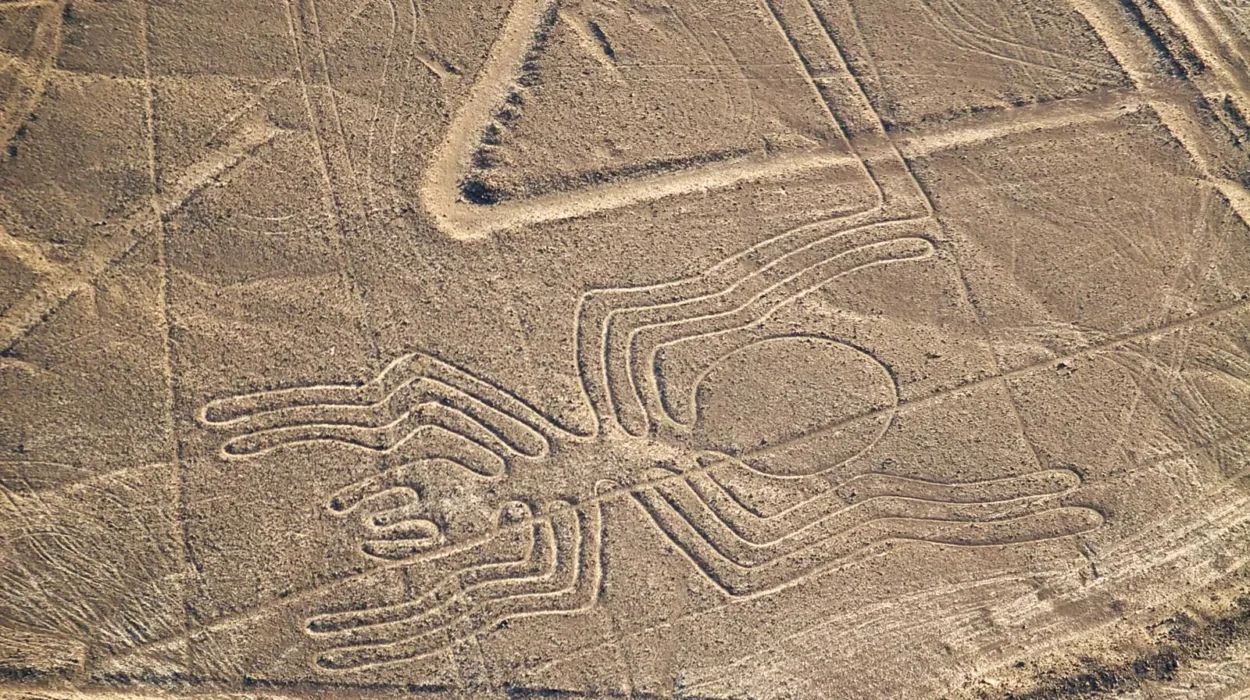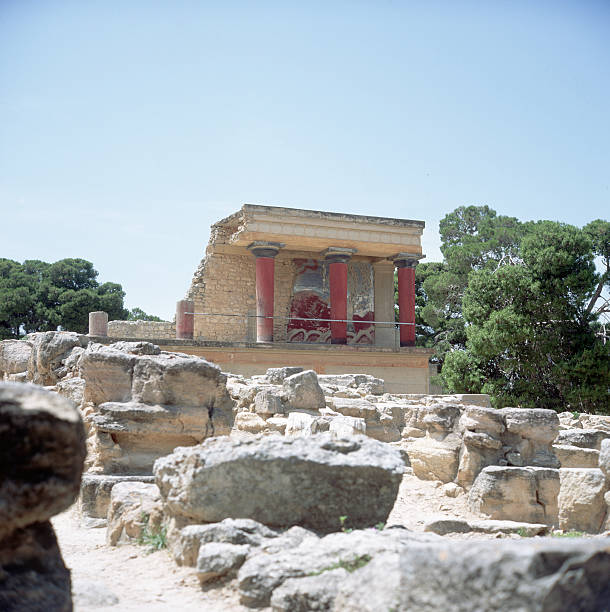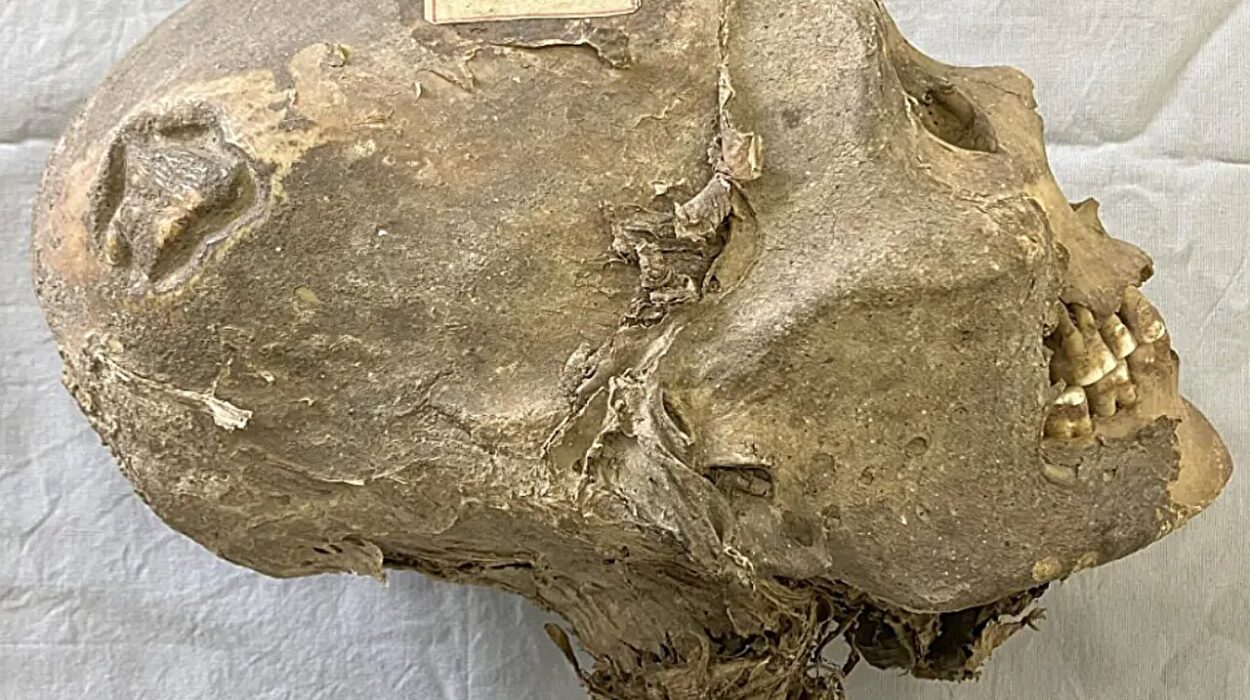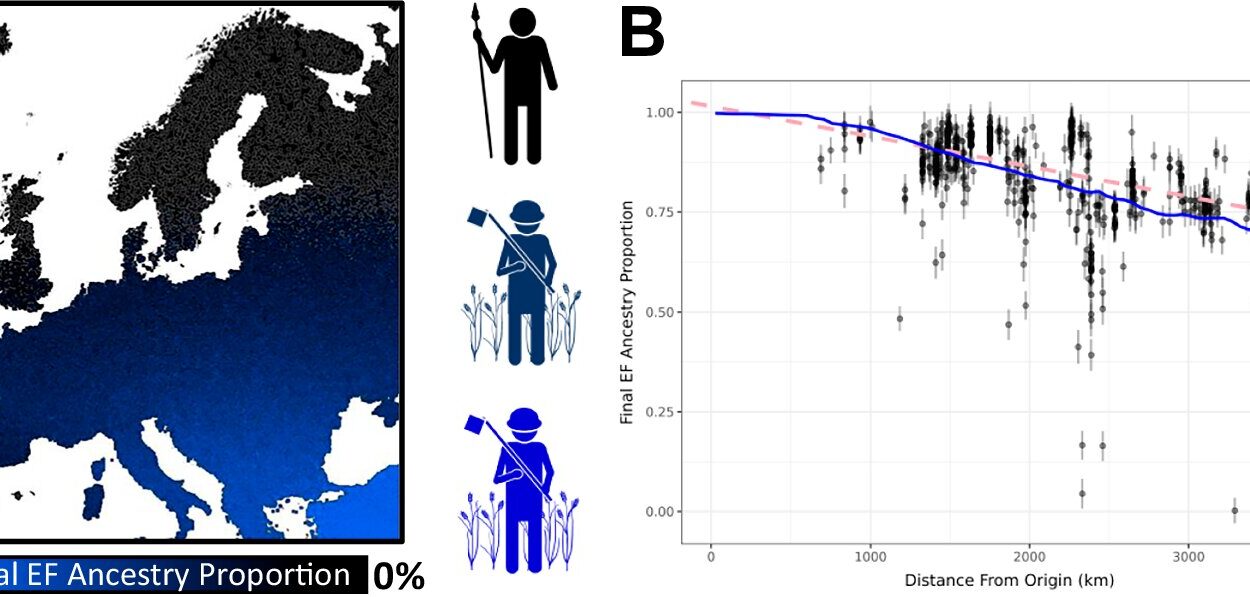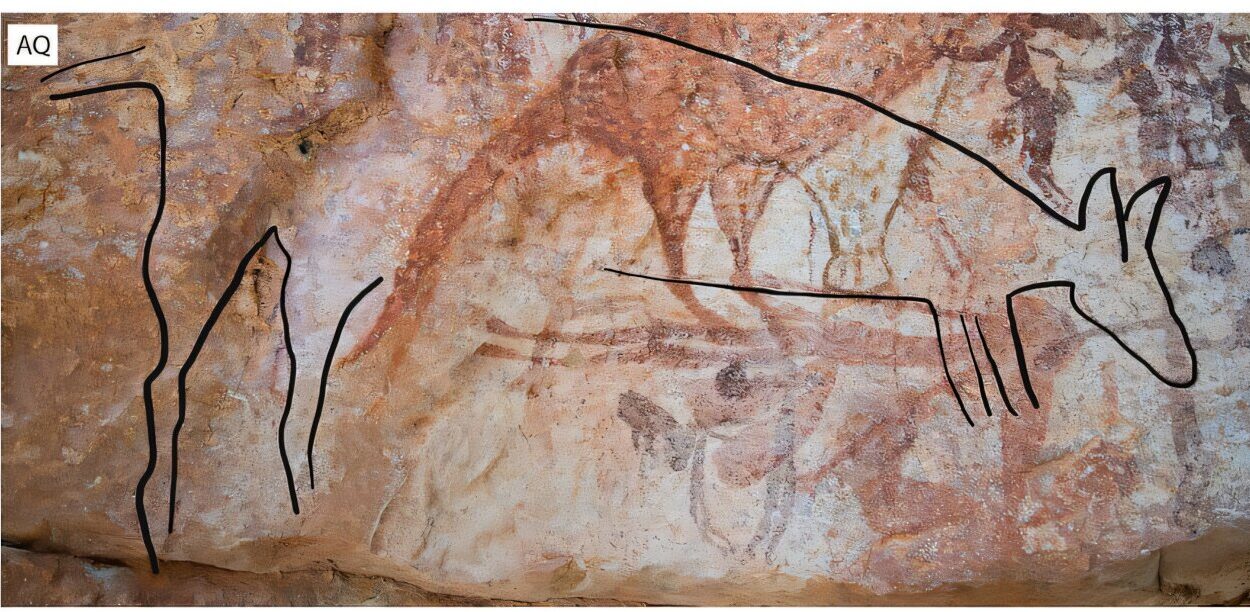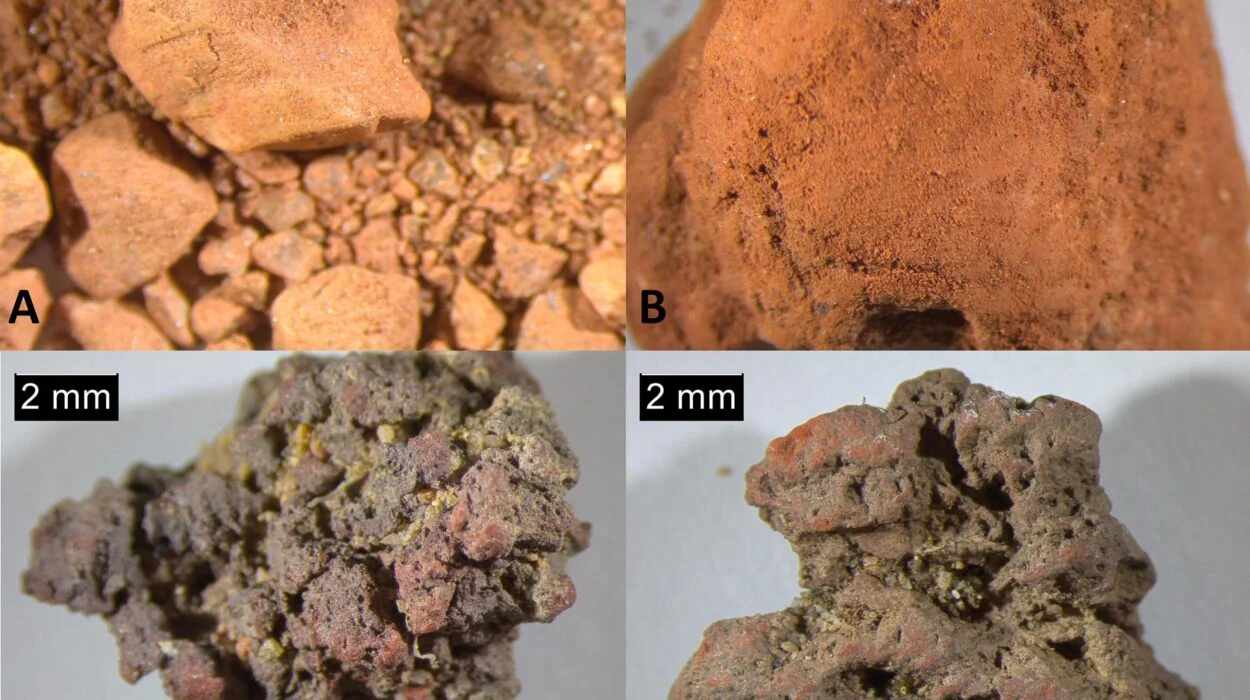To walk the streets of an ancient Greek city, to stand among its olive groves and bustling marketplaces, is to step into a civilization both familiar and distant. Ancient Greece was not a single unified nation but a collection of city-states—poleis—each with its own traditions, laws, and way of life. From Athens to Sparta, from Corinth to Thebes, the people of Greece crafted a society that became the foundation of Western civilization. Yet behind the grand temples, heroic myths, and enduring philosophies, there was the everyday life of ordinary men and women, farmers and artisans, citizens and slaves.
Daily life in ancient Greece was shaped by geography, climate, and social structure. Mountains divided the land, isolating communities but also fostering independence and creativity. The Mediterranean climate encouraged outdoor living, while the seas offered trade, travel, and opportunity. Within this landscape, Greeks lived lives bound by tradition, duty, and the cycles of nature.
To truly understand the Greeks, one must go beyond their gods and heroes to discover how they ate, worked, raised families, celebrated festivals, and governed themselves. It is in these details that the world of ancient Greece becomes human, alive, and surprisingly relatable.
The Rhythm of Rural Life: Farmers and Shepherds
The backbone of ancient Greek society was agriculture. Most Greeks lived in the countryside, working small plots of land that sustained their families and communities. The rocky soil and mountainous terrain made large-scale farming difficult, but the Greeks adapted with ingenuity.
Olive trees, hardy and resilient, became a symbol of Greece itself. They provided not only fruit but also oil for cooking, lighting, and religious rituals. Vineyards produced wine, a staple of Greek diet and culture, while barley was the chief grain, made into bread and porridge. Wheat, though prized, was harder to grow and often imported from fertile lands such as Egypt and the Black Sea region.
Farmers also kept goats and sheep, which thrived on rough hillsides and provided milk, cheese, wool, and meat. Cattle were less common due to limited grazing land, but pigs and chickens were raised in many households. Fishing supplemented diets in coastal communities, though meat was generally reserved for special occasions or religious sacrifices.
Life in the countryside followed the seasons. Planting, harvesting, pruning, and tending animals dictated the rhythm of existence. Families rose with the sun, worked under its heat, and rested when it set. Though modest, their labor sustained the city-states, and the prosperity of Athens or Sparta ultimately depended on the toil of farmers in distant fields.
The Heart of the Polis: Citizens and Public Life
While farming sustained life, the defining feature of ancient Greece was the polis, the city-state. Each polis was a political and social community, where free male citizens participated in decisions that affected everyone. To be a citizen was not merely a legal status; it was an identity, a responsibility, and a source of pride.
In Athens, the birthplace of democracy, citizens gathered in the assembly to debate laws, vote on policies, and make decisions about war and peace. Participation in politics was considered the highest duty of a man, and public life was inseparable from private identity. Citizens served as soldiers, jurors, and officials, binding them to the fate of their community.
Sparta offered a strikingly different model. There, life revolved around military discipline, and citizens were trained from childhood to serve as warriors. The Spartan ideal was not political debate but collective strength, and daily life was shaped by the pursuit of martial excellence.
Despite differences, the polis was the heart of Greek life everywhere. Temples crowned the acropolis, markets (agoras) bustled with trade, and theaters echoed with drama. To be Greek was to belong to a polis, to be part of a living community that gave meaning to individual existence.
The Role of Family and Household
At the core of Greek society was the oikos—the household. The family was not only a private unit but also an economic and social foundation. It included not just parents and children but also slaves, servants, and sometimes extended kin.
The Greek household was patriarchal. The kyrios, or male head of the household, held authority over family members, property, and slaves. Women, though vital to daily life, had limited legal rights and were largely confined to domestic roles. Their duties included managing the home, raising children, spinning and weaving cloth, and overseeing servants.
Marriage was arranged to secure alliances and property, and women typically married young. While excluded from politics, women participated in religious rituals, festivals, and household worship, giving them a spiritual authority often overlooked by the political sphere.
Children were treasured, though survival was uncertain due to high infant mortality. Boys were educated in preparation for citizenship, while girls were taught domestic skills. In Sparta, however, girls received physical training to prepare them for motherhood, reflecting the city’s unique emphasis on strength and discipline.
The household was not just private space but the building block of the polis. It ensured continuity, stability, and the transmission of values across generations.
Work and Occupations Beyond Farming
Though agriculture dominated, not all Greeks were farmers. In cities, artisans, merchants, and laborers played vital roles. Pottery, textiles, and metalwork were essential crafts, with Greek vases becoming both utilitarian objects and works of art admired across the Mediterranean.
The agora, or marketplace, was the center of urban life. Merchants sold food, goods, and imported luxuries, while philosophers debated ideas and citizens gathered to exchange news. The hum of trade blended with the rhythm of civic life, making the agora a symbol of Greek vitality.
Slavery was a reality of Greek society, shaping its economy and daily life. Slaves worked in households, workshops, and fields, and some labored in mines under brutal conditions. While their roles varied, slaves were considered property rather than citizens, a stark reminder that Greek democracy coexisted with deep social inequality.
Seafaring also offered livelihoods. Greeks were skilled sailors, navigating the Mediterranean and Aegean Seas to trade olive oil, wine, and pottery for grain, metals, and other goods. This maritime culture fostered exchange, not only of goods but also of ideas, linking Greece with Egypt, Persia, and beyond.
Food, Drink, and the Pleasures of the Table
The Greek diet was simple but nourishing, built around the “Mediterranean triad” of bread, wine, and olive oil. Bread, usually made from barley, was a staple, while vegetables, legumes, and fruits filled most meals. Cheese, fish, and honey added variety, and meat was rare except during sacrifices and festivals.
Wine was more than a beverage; it was a cultural institution. Greeks typically diluted wine with water, considering it barbaric to drink it undiluted. The symposion—a drinking party—was a central social event, where men gathered to drink, converse, recite poetry, and enjoy entertainment. These gatherings blended pleasure with intellectual exchange, becoming a hallmark of Greek culture.
Meals reflected social order. Men dined together in certain contexts, while women and children ate separately at home. Yet in festivals and public banquets, food became a communal bond, reinforcing ties between citizens and honoring the gods.
Religion and Festivals: Life with the Gods
Religion infused every aspect of daily life. The Greeks did not separate sacred from secular; the gods were present in home, field, and city. Altars and shrines dotted the landscape, and households honored deities with offerings and rituals.
The pantheon of gods—Zeus, Athena, Apollo, Artemis, and many others—were not distant beings but powerful presences intertwined with human affairs. Myths explained natural phenomena, moral lessons, and the origins of cities, while rituals sought the favor of the divine.
Festivals were highlights of Greek life, blending worship with spectacle. In Athens, the Panathenaic Festival honored Athena with processions, sacrifices, and games. The Olympic Games, held every four years at Olympia, drew athletes and spectators from across the Greek world, celebrating Zeus through competition and unity.
Drama itself was a religious expression, performed at festivals in honor of Dionysus. Tragedies and comedies not only entertained but also explored human experience, morality, and the relationship between mortals and gods.
Through religion and ritual, Greeks expressed their identity, strengthened communal bonds, and found meaning in the uncertainties of life.
Education and the Life of the Mind
Education in ancient Greece was not universal but reflected social ideals. In Athens, boys from citizen families were taught reading, writing, arithmetic, music, and physical training. Education aimed not only at literacy but at forming well-rounded citizens capable of participating in public life.
Philosophy flourished in Greece, especially in Athens, where Socrates, Plato, and Aristotle transformed intellectual history. The life of the mind became as important as the life of the body, with inquiry into ethics, politics, nature, and knowledge itself.
In Sparta, education was starkly different. The agoge, a rigorous state system, trained boys for military service, emphasizing discipline, endurance, and loyalty to the collective. Spartan girls, too, received training, reflecting the city’s unique values.
Though education varied, the pursuit of knowledge became a defining feature of Greek identity, leaving a legacy that shaped science, philosophy, and literature for centuries.
War and the Duty of Citizenship
For Greek men, military service was a duty as well as a necessity. The polis relied on citizen-soldiers, especially the hoplites, heavily armed infantry who fought in phalanx formation. Warfare was frequent, whether between rival city-states or against external foes like Persia.
The Peloponnesian War between Athens and Sparta, a conflict that spanned decades, revealed both the strength and fragility of Greek society. War disrupted daily life, bringing devastation to fields, homes, and families. Yet it also forged a shared identity, reminding citizens that their freedom and community depended on collective sacrifice.
Military training was a rite of passage for young men, linking private life with public duty. In this way, war was not an interruption of daily life but part of its rhythm.
Entertainment, Leisure, and Athletics
Despite hardships, the Greeks valued leisure, seeing it as essential to a balanced life. Athletics were central, not only as preparation for war but as celebrations of strength and beauty. Gymnasiums and palaestrae were places where men trained, socialized, and cultivated both body and mind.
The theater was another form of entertainment deeply woven into Greek life. Plays explored themes of love, justice, fate, and folly, often with sharp political or social commentary. Comedy provided laughter and satire, while tragedy invited reflection on human suffering and destiny.
Music, poetry, and storytelling filled homes and gatherings, while games and competitions enlivened festivals. Leisure in Greece was never idle; it was a way to engage with beauty, knowledge, and community.
Slavery and Inequality in Daily Life
Behind the achievements of Greek society lay systems of inequality. Slavery was widespread, providing labor in households, workshops, and agriculture. Slaves had no political rights, though their treatment varied widely depending on occupation and master.
Women, too, faced limitations, especially in Athens, where their public role was restricted. Yet they contributed significantly to family life, religion, and cultural continuity. Foreigners (metics) often lived and worked in Greek cities but lacked full rights of citizenship.
Daily life in ancient Greece was thus both rich and restricted—filled with creativity and freedom for some, and marked by exclusion and servitude for others.
Conclusion: The Human Face of Ancient Greece
To imagine daily life in ancient Greece is to see beyond temples and battles, to discover the rhythms of farming, the laughter of children, the rituals of worship, and the debates of citizens. It was a world of contrasts—between city and countryside, freedom and slavery, men and women, Athens and Sparta.
Yet across these differences, the Greeks lived lives deeply connected to community, tradition, and the pursuit of excellence. Their days were shaped by the sun and the seasons, by the will of the gods, and by the obligations of citizenship.
Though centuries distant, the lives of ancient Greeks still echo in our own. We inherit their ideas of democracy, philosophy, theater, and athletics. We share their questions about justice, beauty, and the good life. To study their daily existence is to see the roots of our own, and to recognize that behind the myths and monuments, they were people—farmers, mothers, artisans, and citizens—living lives as vivid, complex, and human as our own.

